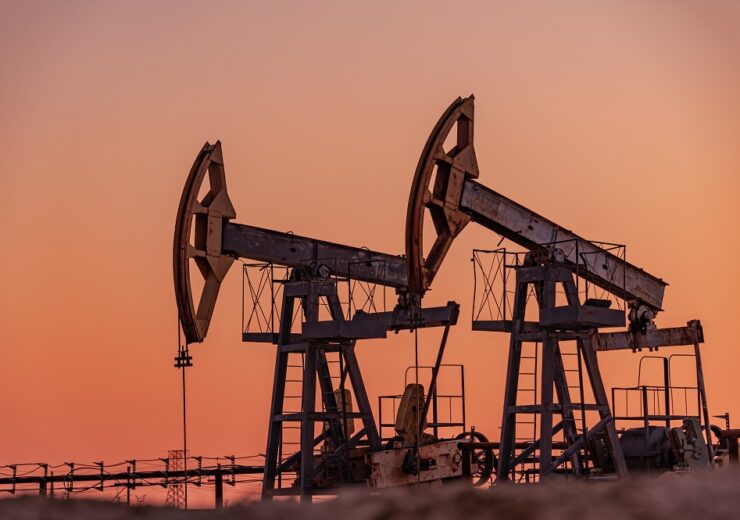Nigeria will retain its number one position as Africa's biggest oil producer as well as maintain the top three gas suppliers on the continent between 2022 and 2025, the African Energy Chamber (AEC), has stated.
In its Q1 2022 outlook, tagged the State of African Energy, the AEC contended that Nigeria will produce 1.46 million barrels per day (bpd) of crude oil out of the 6.35 million bpd that Africa as a whole will produce during the year.
It noted that this will reaffirm the country's position as a continental energy hub as production in the West African state peaks in 2023.
However, it stated that production declines in mature oilfields coupled with the country's reliance on offshore basins, has highlighted the need for Nigeria to increase oil exploration and production.
This, it noted, will help to maintain a secure supply as legacy projects diminish and shrink the country's production capacity from 2023 onwards.
Approximately 65 per cent of the crude oil Nigeria currently produces sourced from offshore projects.
Out of the 36 billion barrels of oil reserves Nigeria holds, just over 25 per cent is currently produced from deepwater projects, underlining a huge opportunity for Nigeria to expand partnerships and investment to ramp up production and increase its role in both the continental and global energy landscape.
"Retaining the title as one of Africa's top oil and gas producers, Nigeria has a key role to play in addressing energy poverty and establishing energy security in Africa.
"Nigeria represents one of Africa's heavyweights when it comes to hydrocarbon exploration and production. With over 36 billion barrels of oil (bbl) and 200 trillion cubic feet of natural gas, the country has managed to position itself as both an attractive upstream market and competitive producer," it noted.
According to the report, by increasing focus on the upcoming projects, accelerating exploration and production in key basins, Nigeria has the ability to unleash its full energy potential.
In order to consolidate its position as a global producer, the Nigerian government, the report stressed, needs to fast-forward the approval process for deep-water projects and put in place policies that reduce taxes for operators.
In addition, the AEC report stated that more investments are also required within the country's downstream sector with inadequate infrastructure slowing down oil production and increasing Nigeria's reliance on fuel imports.
Nigeria imports up to 1.25 million metric tons per month of petrol due to inadequate domestic refining capacity.
Accordingly, it noted that the Dangote refinery project in Lagos, slated to kick-start operations during Q4 of 2022, is an example of the willingness of Nigeria to set itself as an oil heavyweight while expanding its oil and gas capabilities to meet domestic, regional and global energy needs.
Meanwhile on the gas front, the AEC outlook showed that Nigeria has also retained its spot amongst Africa's main gas producers in 2022.
An annual production capacity of 1,450 billion cubic feet is expected as the country recovers from 2020 low production levels.
Existing gas-producing fields, as well as those currently under development, are expected to sustain the country's gas production through to 2025. It added that despite factors such as vandalism of infrastructure which are restraining optimal gas and oil exportation, as well as the high costs and emission rates associated with deep-water projects driving majors to diversify their portfolios, greenfield investments in Nigeria and its African counterparts will increase capital expenditure across the continent to $30 billion in 2022.
